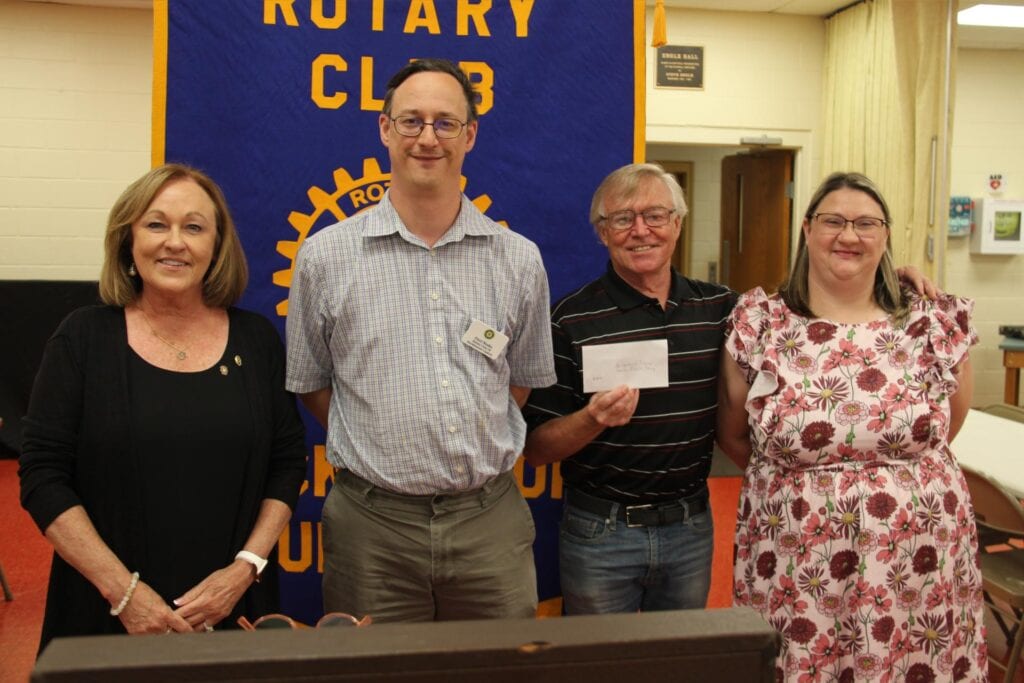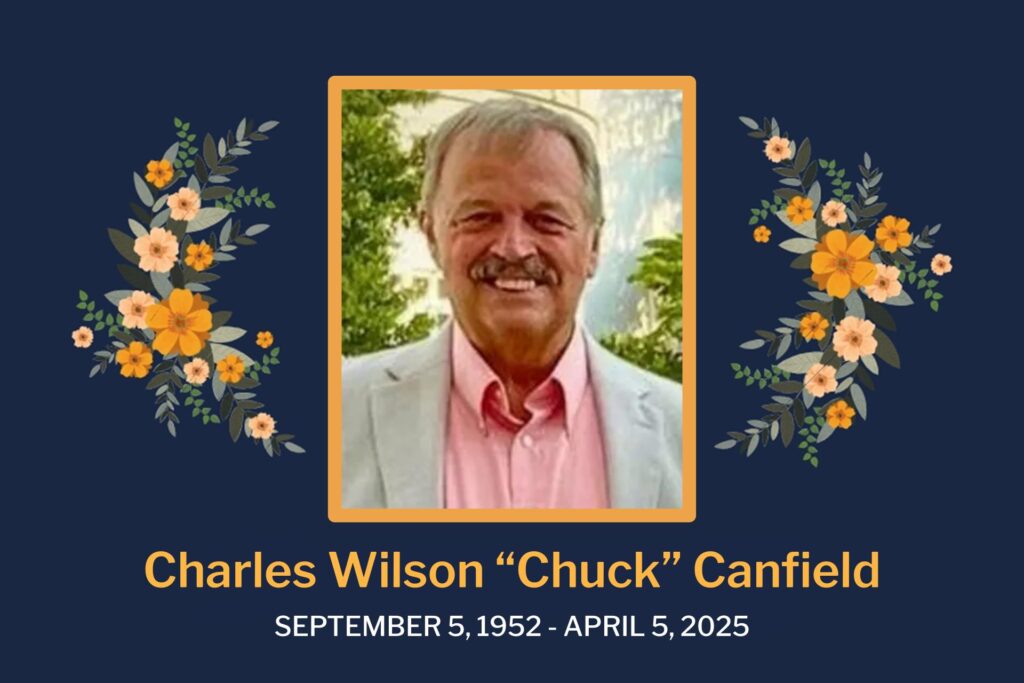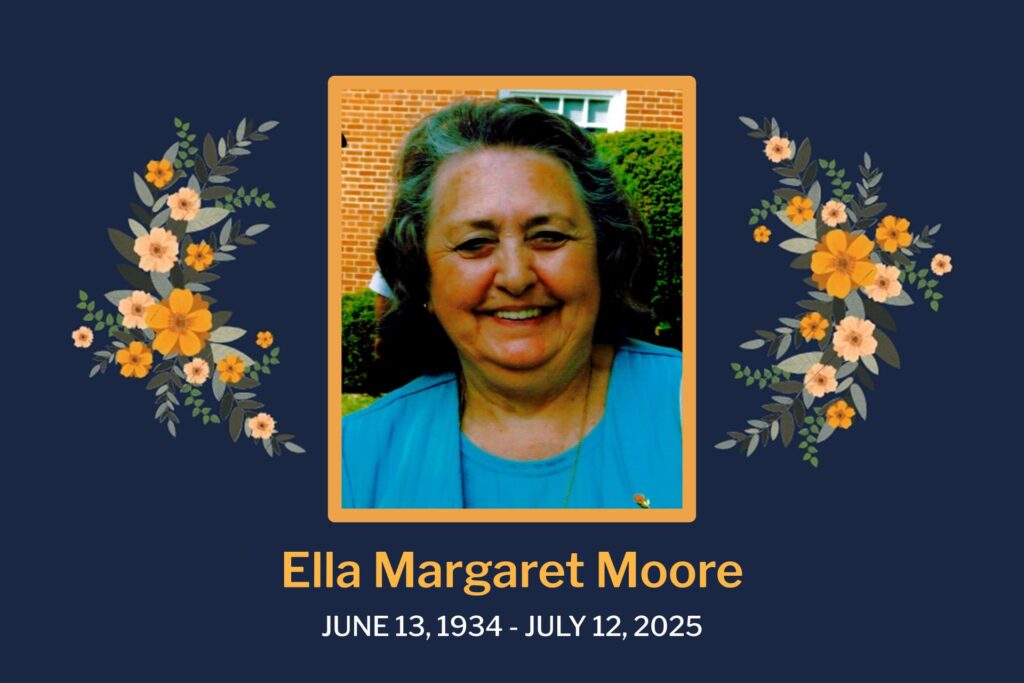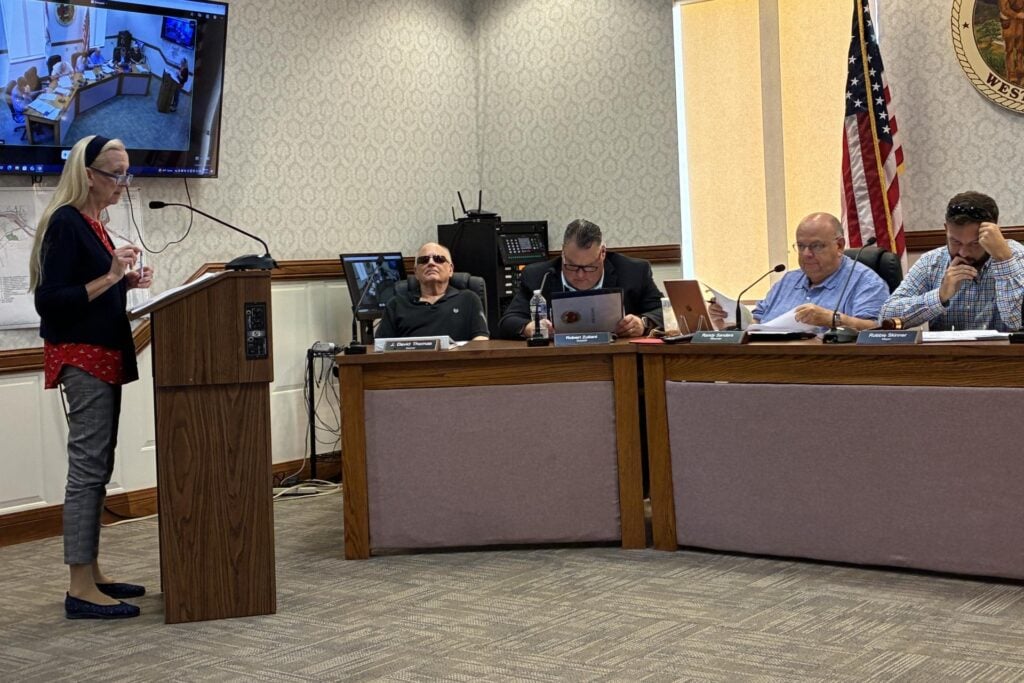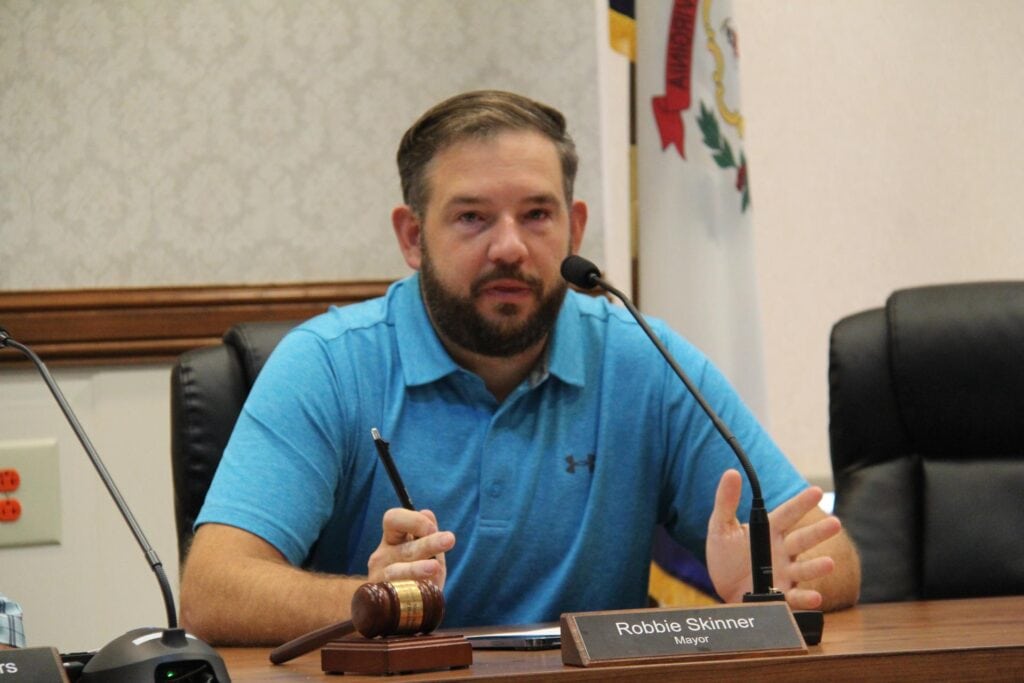CHARLESTON – The American Civil Liberties Union of West Virginia (ACLU-WV) and Huntington attorney Hoyt Glazer filed a lawsuit today against the West Virginia House of Delegates and the House Government Organization Committee for knowingly violating the Open Governmental Proceedings Act during the 2021 Legislative Session.
Citing the COVID-19 pandemic, officials restricted public access to the state Capitol building during the session. For most West Virginians, an online audio feed was the only way to remain informed of the Legislature’s actions. However, on March 23, members of the House Government Organization Committee continued to conduct official business despite knowing the live feed was malfunctioning.
“Open meetings laws are at the very foundation of our democracy,” ACLU-WV Legal Director Loree Stark said. “Without basic transparency and the opportunity of the public to observe government business, we cease to be a government for and by the people.”
During the unlawfully conducted session, the committee advanced four pieces of legislation that were later passed and signed into law. All four laws must be voided, Stark said. ACLU-WV takes no position on the substance of the legislation itself.
The incident was not the only time state lawmakers met despite knowing the public could not hear discussion. During a Wednesday, March 24 meeting of the House Technology and Infrastructure Committee, the audio feed again malfunctioned and committee members again continued to meet.
The committee later reconvened and reconsidered the bills passed during the March 24 session, following a legal threat from ACLU-WV.
The lawsuit is brought on behalf of Robert E. King, who is the sole proprietor of R&R Transit, a Morgantown-based limousine company. King had a business interest in one of the bills advanced during the unlawful March 23 meeting.
King said, “As a business owner and resident in West Virginia, I follow the Legislature closely. I have a right to know what politicians are doing in Charleston, but the House of Delegates and the Government Organization Committee denied me my rights by denying me the ability to observe meetings that must be publicly open about matters that directly affect me.”


